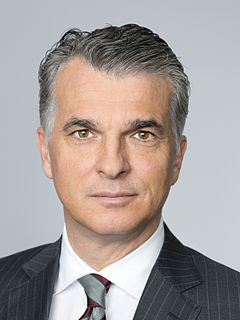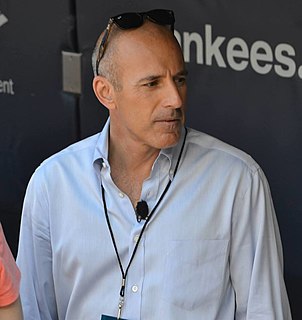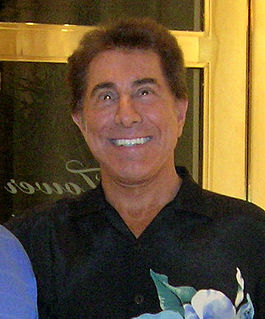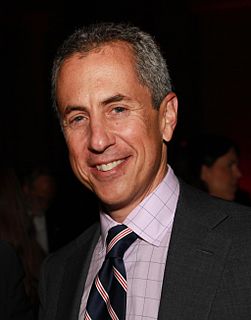A Quote by Richard Branson
If you run a business, put on top your employees, then your consumers, and then your shareholders.
Related Quotes
Forcing your employees to follow required steps only prevents customer dissatisfaction. If your goal is truly to satisfy, to create advocates, then the step-by-step approach alone cannot get you there. Instead, you must select employees who have the talent to listen and to teach, and then you must focus them toward simple emotional outcomes like partnership and advice....Identify a person's strenths. Define outcomes that play to those strengths. Find a way to count, rate or rank those outcomes. And then let the person run.
The approach and strategies are very similar in that you gather all the information you can and then keep adding to that base of information as things develop. You do whatever the probabilities indicated based on the knowledge that you have at that time, but you are always willing to modify your behaviour or your approach as you get new information. In bridge, you behave in a way that gets the best from your partner. And in business, you behave in the way that gets the best from your managers and your employees.

































